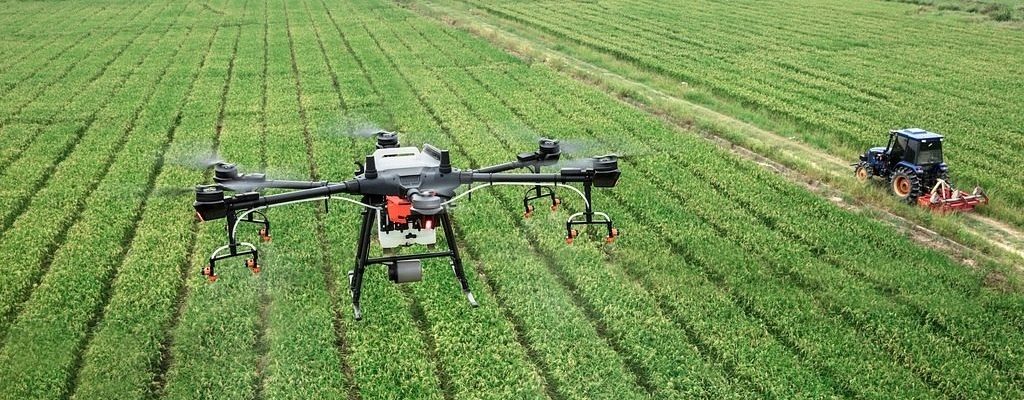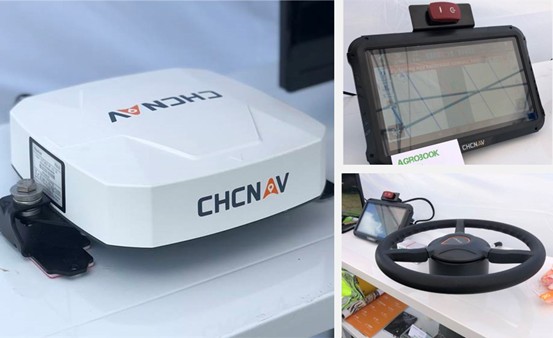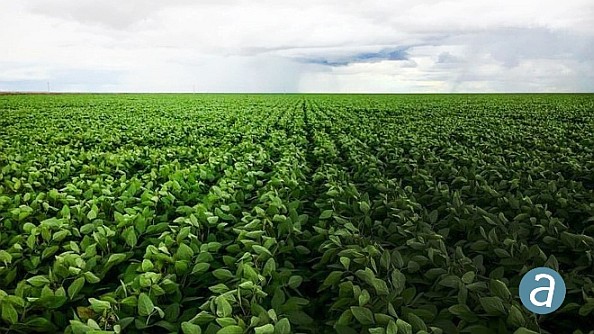According to a new research report from the IoT analyst firm Berg Insight, the global market for precision agriculture solutions is forecasted to grow from € 2.7 billion in 2020 at a compound annual growth rate (CAGR) of 6.8 percent to reach about € 3.7 billion in 2025. A set of technologies are applied in precision farming practices, which are aimed at managing variations in the field to maximise yield, raise productivity and reduce consumption of agricultural inputs. While solutions such as auto-guidance and machine monitoring and control via on-board displays today are mainstream technologies in the agricultural industry, telematics and Variable Rate Technology (VRT) are still in the early stages of adoption. Interoperability between solutions remains a challenge, although standardisation initiatives led by organisations such as Agricultural Industry Electronics Foundation and AgGateway make progress.
Most major agricultural equipment manufacturers have today initiatives related to precision agriculture although strategies vary markedly. Leading vendors of precision agriculture solutions include the world’s largest manufacturer of agricultural equipment Deere & Company, followed by the precision technology vendors Trimble, Topcon Positioning Systems, Raven Industries and Hexagon. Major input manufacturers like BASF, Bayer, Corteva Agriscience and Syngenta have entered the space primarily through acquisitions and focus on providing mapping tools and decision support for the purpose of input optimisation and yield maximisation. A group of companies have emerged as leaders on the nascent market for in-field sensor systems. These include Semios, Pessl Instruments with its METOS brand, Davis Instruments and Sencrop.
Dealerships play a crucial role in the agricultural industry as the customer base is dispersed across remote areas. “The increasingly complex technological environment that farmers operate in demands dealers to offer a greater extent of services to integrate and support the range of solutions that are used in precision farming”, said Fredrik Stalbrand, Senior Analyst, Berg Insight. Investments in dealership training and support enable companies to provide complete offerings including installation and integration with equipment that is used on the farm. “New entrants are thus challenged not only to offer value for farmers but also dealers. Investments in channel partners will be key to expansion”, concluded Mr. Stalbrand.
Download report brochure: M2M/IoT Applications in the Agricultural Industry
The precision agriculture market to reach € 3.7 billion worldwide in 2025
Most major agricultural equipment manufacturers have today initiatives related to precision agriculture although strategies vary markedly









